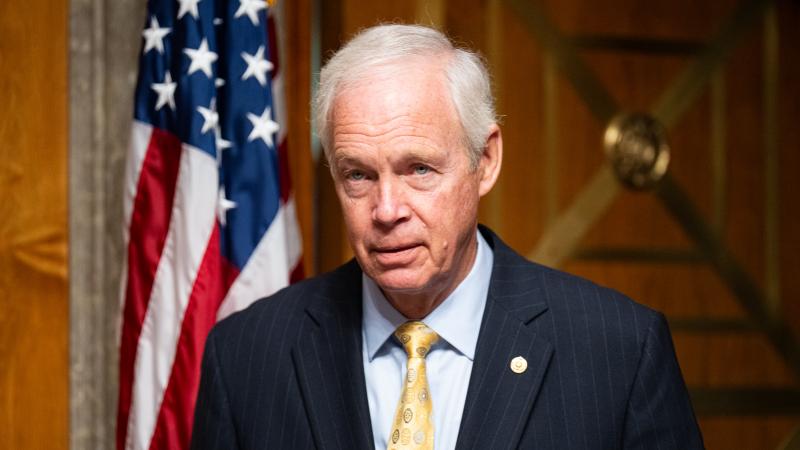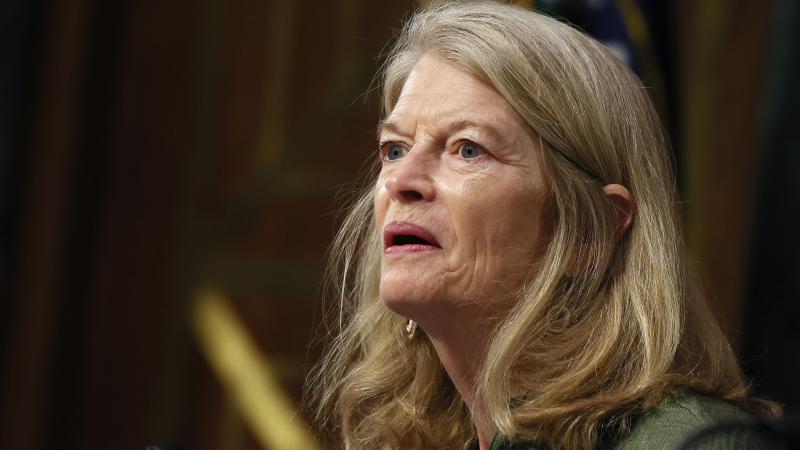Maine voters to decide on amending state constitution to add 'right to food’
Maine would become first state in the nation to enshrine food in its Bill of Rights.
Maine voters go to the polls on Tuesday to decide if the state will become the first in the nation to enshrine a "right to food" in its constitution.
Question 3 on the Nov. 2 ballot will ask voters if they want to amend the state constitution to "declare that all individuals have a natural, inherent and unalienable right to grow, raise, harvest, produce and consume the food of their own choosing for their own nourishment, sustenance, bodily health and well-being?"
Supporters say the move would promote locally produced food products and improve consumer health and safety.
"This amendment strengthens the people’s inalienable right to produce food for their own consumption – not to steal, not to trespass, not to poach ... but to produce food for their own consumption," state Rep. Billy Bob Faulkingham, R-Winter Harbor, said in testimony in support of the proposal.
The Sportsmen's Alliance of Maine, which is among the groups backing the referendum, said a constitutional amendment on the right to food will help hunters, farmers and fishermen who are losing out to renewable energy projects and corporate interests.
"Productive farmland is disappearing to be replaced by federal and state subsidize solar energy development," the group wrote a statement on social media urging voters to approve Question 3. "Offshore, commercial wind power development is on the cusp of pushing fishermen of productive fishing grounds and sprawl threatens natural forests all over the world."
The group said approval of Question 3 will "enshrine in the most fundamental form of law their right to make their own choices when feeding themselves and their families."
Critics say the proposal is vaguely written and could result in fighting over food resources and erode hard-fought animal welfare protections.
"We do not think it is the intent of this proposal to allow food producers and and/or hunters, trappers, and fisherman be exempt from animal welfare and cruelty laws, but as currently written that would likely be the case as the current list of limitations fails to include any reference to such laws," said Katie Hansberry, state director for the Humane Society of the United States.
The environmental group said a right to food could also embolden poachers to target protected wildlife and push the limits on hunting regulations.
"It may also empower poachers to file lawsuits arguing that such a constitutional right to hunt exempts them from existing restrictions like bag limits, or prohibitions on the use of artificial lights or hunting from a public paved way," Hansberry said in her testimony.
If voters approve the changes, the state constitution would be amended to state: "All individuals have a natural, inherent and unalienable right to food, including the right to save and exchange seeds and the right to grow, raise, harvest, produce and consume the food of their own choosing for their own nourishment, sustenance, bodily health and well-being."
The new law would also outlaw "trespassing, theft, poaching or other abuses of private property rights, public lands or natural resources in the harvesting, production or acquisition of food.”
In 2017 Maine voters approved the Food Sovereignty Act, which authorized cities and towns to adopt local food ordinances. At least 90 communities have adopted the law.
At least two other states, West Virginia and Washington, are also considering right-to-food constitutional amendments, according to the National Conference of State Legislatures.















